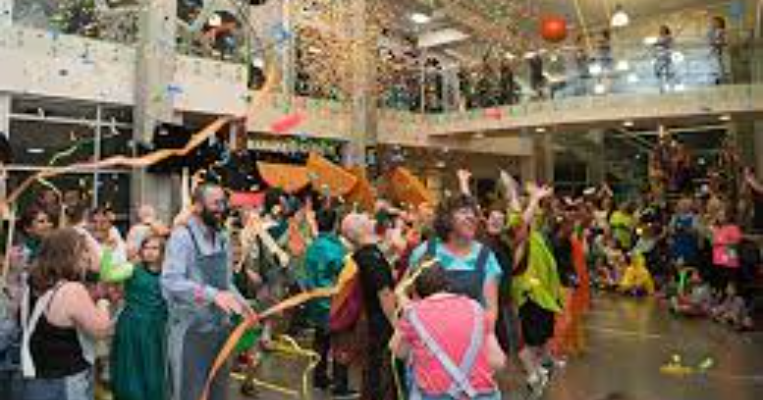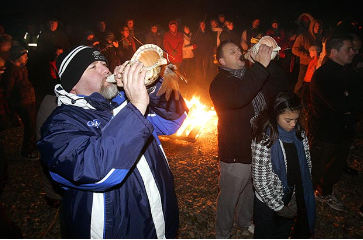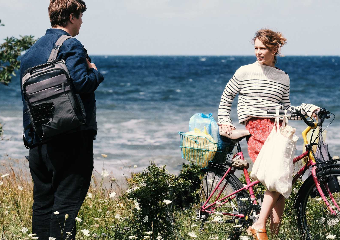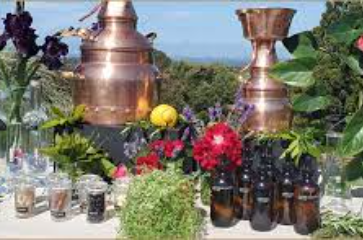Tūhura-tia! Discoveries every day
A diverse calendar of events and learning programmes offers opportunities to expand your horizon every day. With something for all ages, stop by and be entertained, challenged and inspired. It’s never too late to see what you’ve been missing. Open 10am-5pm.





